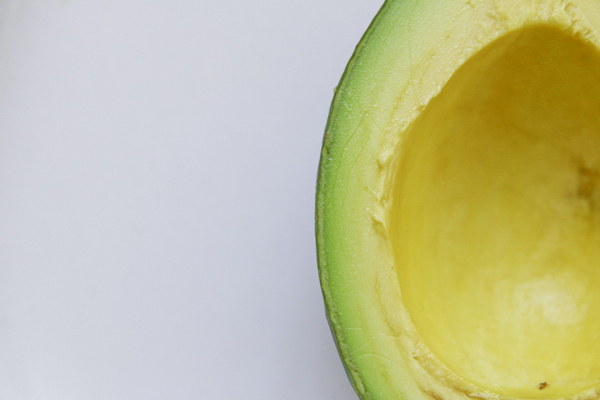Healing the Body Effective Strategies for Long-Term Illness Recovery
Long-term illness can be a daunting challenge, both physically and emotionally. As the body battles against chronic conditions, it's crucial to adopt a holistic approach to recovery. This article outlines effective strategies for healing the body during long-term illness.
1. Seek Professional Help
The first step in healing is to consult healthcare professionals. They can provide a proper diagnosis, recommend appropriate treatments, and offer guidance on managing symptoms. It's essential to maintain regular check-ups and follow their advice diligently.
2. Develop a Healthy Diet
A balanced diet plays a vital role in supporting the body's immune system and promoting healing. Focus on incorporating a variety of nutrients, including:
- Fresh fruits and vegetables: Rich in vitamins, minerals, and antioxidants that help combat inflammation and boost the immune system.

- Whole grains: Provide essential fiber, vitamins, and minerals, which can aid in digestion and overall health.
- Lean proteins: Essential for muscle repair and maintenance, as well as providing energy.
- Healthy fats: Found in foods like avocados, nuts, and fish, they are crucial for cell function and can help reduce inflammation.
Avoid processed foods, excessive sugar, and saturated fats, which can exacerbate symptoms and hinder recovery.
3. Stay Hydrated
Proper hydration is essential for overall health and plays a significant role in healing. Drink plenty of water throughout the day, and consider adding herbal teas and broths to your fluid intake.
4. Regular Exercise
Exercise is a vital component of recovery, as it improves circulation, boosts the immune system, and reduces stress. Engage in activities that are suitable for your condition, such as walking, swimming, or yoga. Always consult with a healthcare professional before starting any new exercise routine.
5. Manage Stress
Chronic illness can be a significant source of stress. Effective stress management techniques, such as meditation, deep breathing exercises, and mindfulness, can help reduce symptoms and improve quality of life. Consider joining support groups or seeking counseling to connect with others who understand your experiences.
6. Get Adequate Sleep
Sleep is crucial for healing and recovery. Aim for 7-9 hours of quality sleep each night. Establish a relaxing bedtime routine, avoid electronic devices before bed, and create a comfortable sleep environment.
7. Practice Self-Care
Self-care is essential for healing, as it helps you maintain a positive mindset and improves overall well-being. Engage in activities that bring you joy, such as reading, gardening, or spending time with loved ones. Prioritize activities that promote relaxation and stress relief.
8. Set Realistic Goals
Set achievable goals to help you stay motivated and focused on your recovery journey. Break down larger goals into smaller, manageable tasks and celebrate your progress along the way.
9. Stay Positive
Maintaining a positive outlook is crucial for long-term illness recovery. Surround yourself with supportive friends and family, and seek inspiration from others who have overcome similar challenges.
10. Monitor Your Condition
Keep track of your symptoms, treatment progress, and any changes in your health. This information can be valuable when discussing your condition with healthcare professionals and adjusting your recovery plan.
In conclusion, healing the body during long-term illness requires a multifaceted approach that includes professional medical care, a healthy diet, regular exercise, stress management, and self-care. By adopting these strategies, you can improve your quality of life and enhance your chances of recovery.









![Revolutionize Your Well-being Discover the Ultimate Benefits of the [Brand Name] Moisture Removal Pod](http://img.bluepurple.cn/a/养生/324/Revolutionize-Your-Wellbeing-Discover-the-Ultimate-Benefits-of-the-Brand-Name-Moisture-Removal-Pod.jpg)